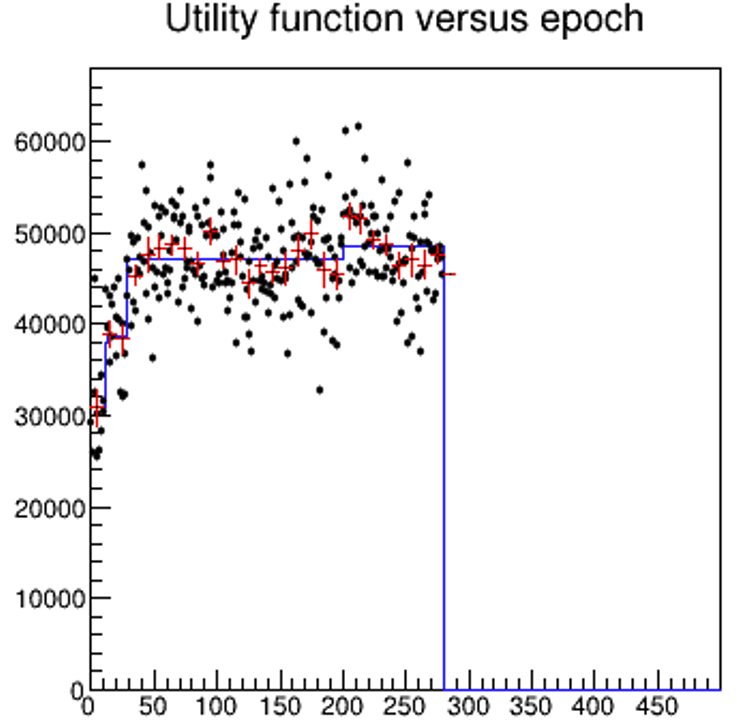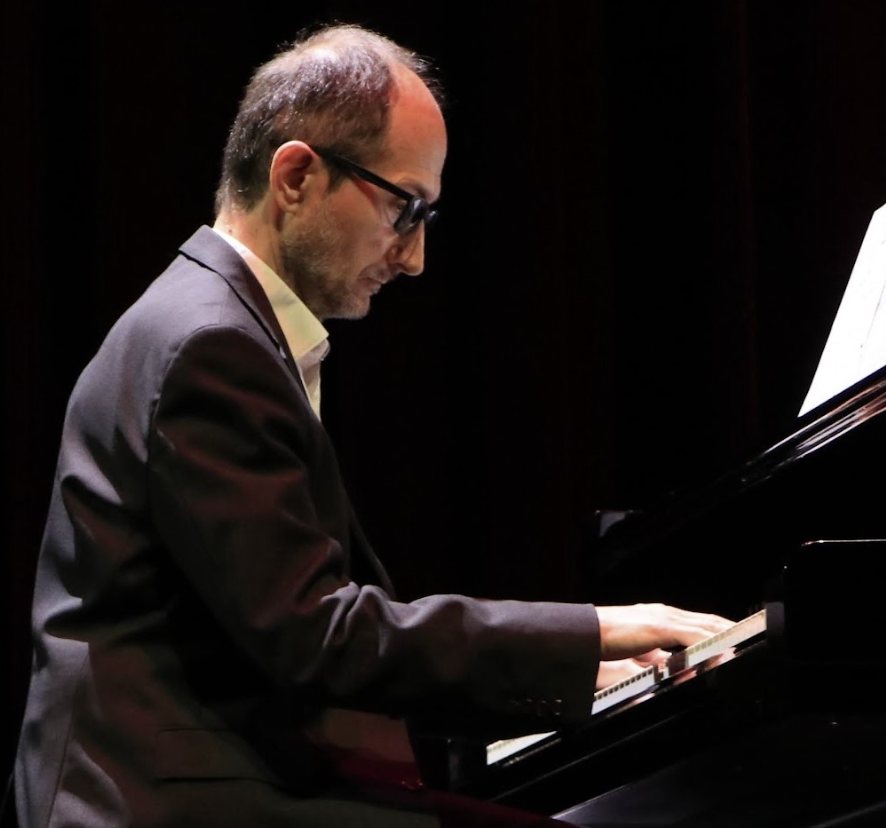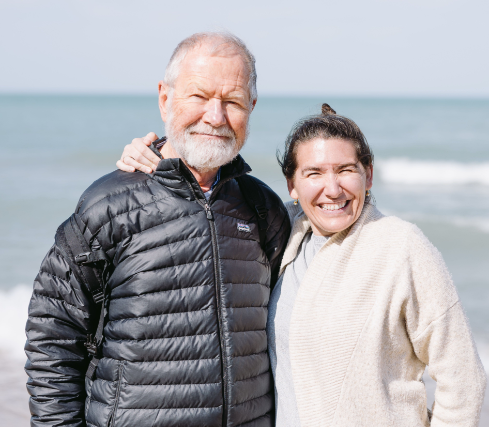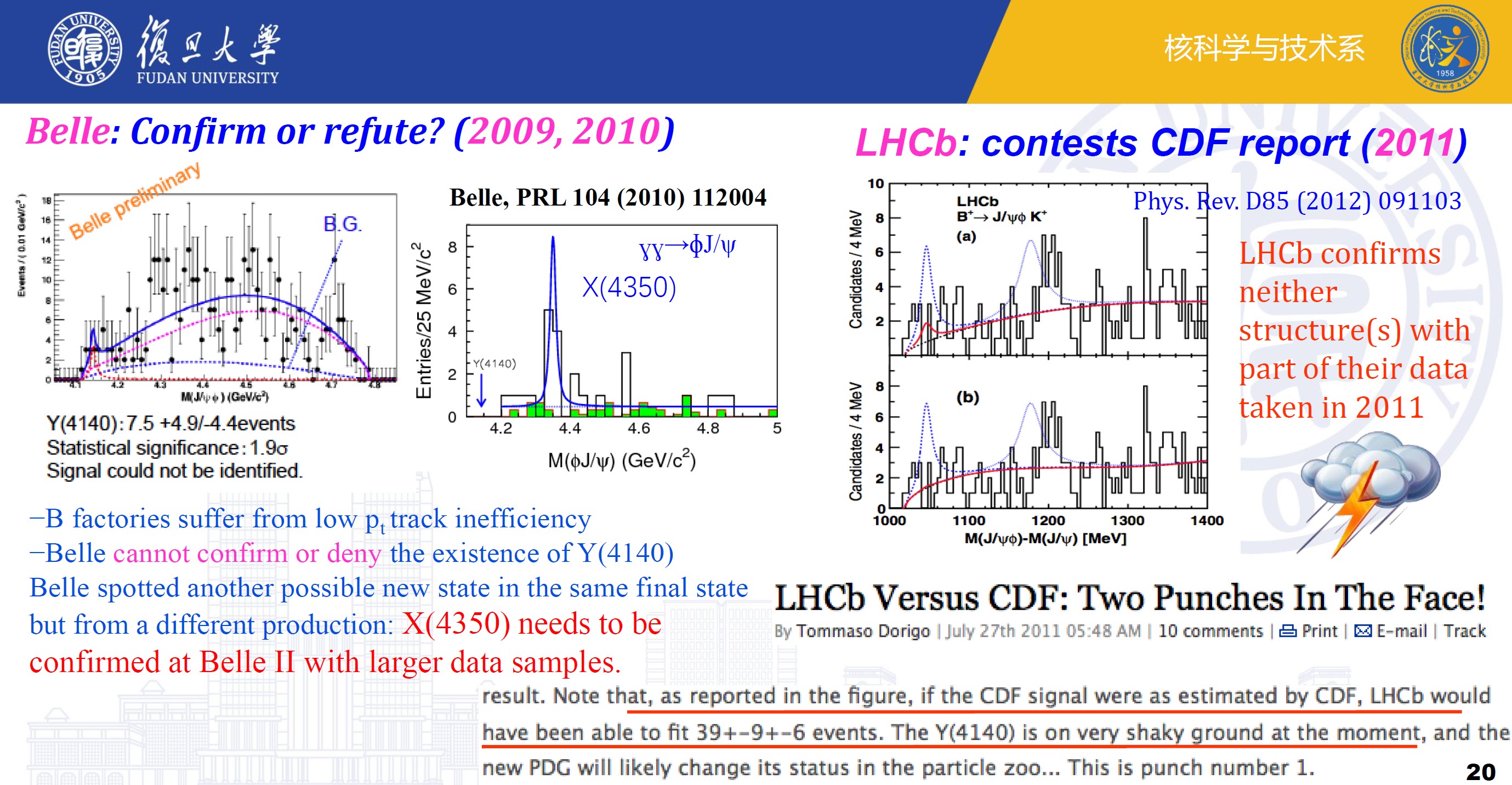I will start this brief post with a disclaimer - I am not a nuclear physicist (rather, I am a lesser being, a sub-nuclear physicist). Jokes aside, my understanding and knowledge of the dynamics of high-energy nucleus-nucleus collisions and the phases of matter that can exist at those very high densities and temperatures is overall quite poor.
I am presently in Cairns, sitting in a parallel session of the "Quark Confinement and the Hadron Spectrum" conference, where I am convening a session on Statistical Methods for Physics Analysis in the XXI Century, giving a talk on the optimization of the SWGO experiment, and playing the piano at a concert for the conference, in addition of course to visiting the area. Anyway, all of the above is too much information to you, as this post is about something else.
Last week I traveled from Venice to Tokyo through Zurich, and during the flights I could do some more tests of the RadiaCode 103 - the nice spectrometer for gamma radiation I have been playing with as of late (for a couple of earlier posts and tests see
here and
here).
I remember having been flamed, a long time ago, when in this column I ventured to claim that there was an inflation of physics conferences and workshops around, which to me looked both counter-productive (if there are too many such events, they become a distracting factor from research work, and returns are diminishing) and, I went as far as to propose, even unethical in some cases. I do not like being flamed, if only because it is yet another unproductive distraction, so I will not fall in the same mistake again here; rather, I have to observe that these days I am rather on the offending camp, so who am I to cast the first stone?
Each man kills the thing he loves, sang Jeanne Moreau in a beautiful song some thirty years ago. But the sentence is actually a quote from Oscar Wilde - aren't all smart quotes from that amazing writer?
Anyway, in some way this rather startling concept applies to every man except researchers in fundamental physics - both male and female, in fact. There, all of us love our Standard Model - it is a theory so wonderful and deep, and so beautifully confirmed by countless experiments, that it wins you over forever once you reach enough understanding of its intricacies. And physicists have tried, unsuccessfully, to kill the Standard Model for over fifty years now.
Anomaly! Anomaly!
In the previous post I have described some of the main functionalities of the RadiaCode 103 radiation spectrometer, which the company graciously made available for my tests. Here I want to discuss some additional tests I have done, using radioactive samples from my minerals collection as well as a couple of test sources we have in our Physics department in Padova.
 The Strange Case Of The Monotonous Running Average
The Strange Case Of The Monotonous Running Average Turning 60
Turning 60 On The Illusion Of Time And The Strange Economy Of Existence
On The Illusion Of Time And The Strange Economy Of Existence RIP - Hans Jensen
RIP - Hans Jensen









